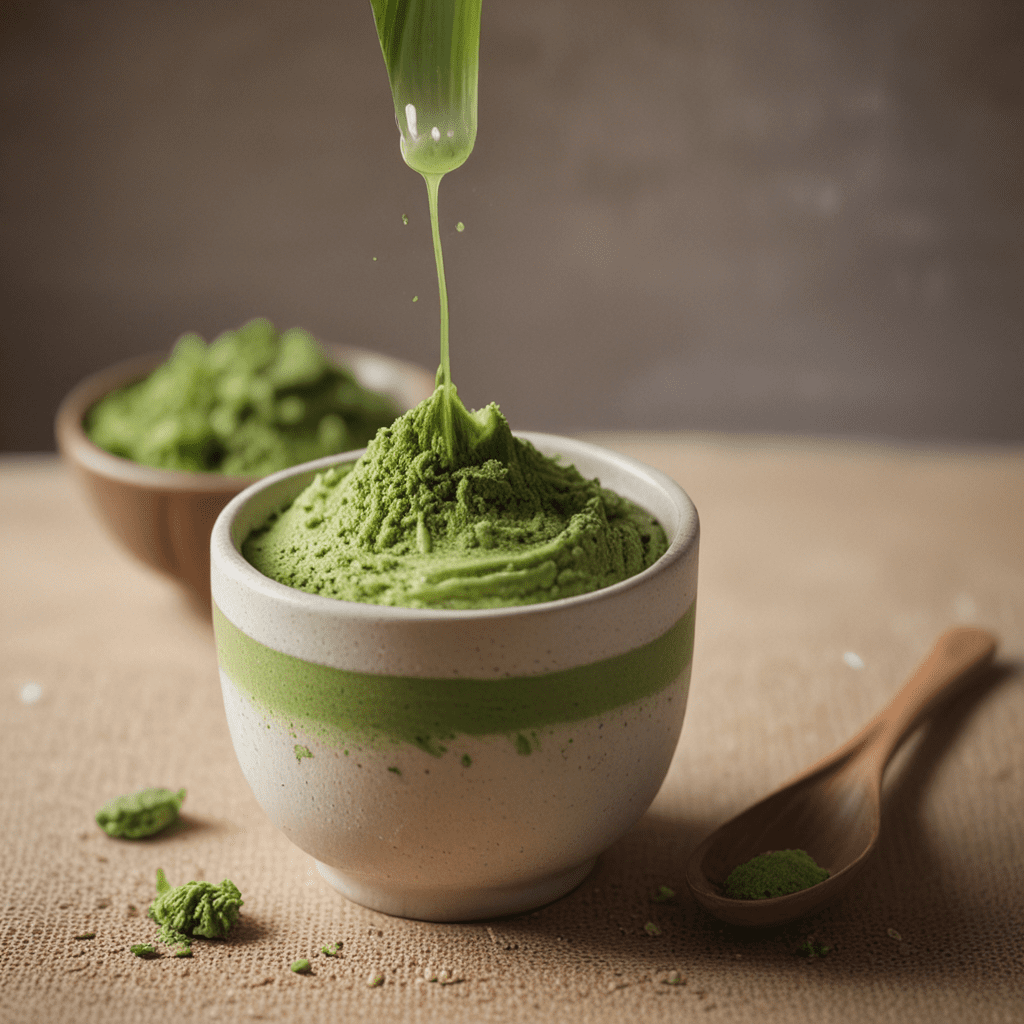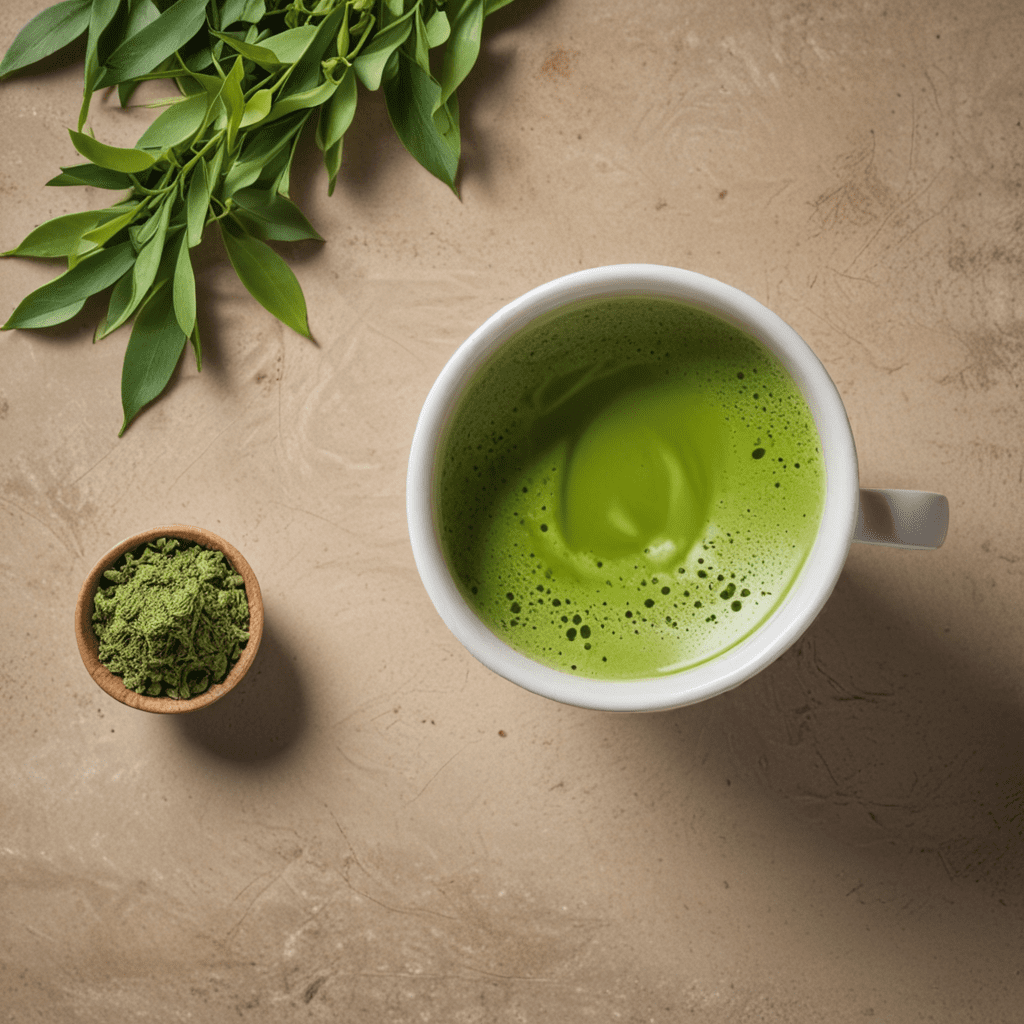
Understanding the Word of Wisdom
In the teachings of The Church of Jesus Christ of Latter-day Saints (LDS Church), the Word of Wisdom is a set of dietary guidelines provided for the well-being and spiritual guidance of its members. This code of conduct advises against the consumption of certain substances, including alcohol, tobacco, and hot drinks. While the use of green tea is not explicitly mentioned in the Word of Wisdom, its classification as a “hot drink” by church leaders has led to discussions and varying interpretations among members of the faith.
The Interpretation of “Hot Drinks”
- Historical Context
The Word of Wisdom was revealed to church founder Joseph Smith in 1833, a time when coffee and tea were typically consumed hot. It is believed that the use of hot drinks was associated with harmful effects on the body and spirit.
- The Definition of “Hot Drinks”
In the context of the Word of Wisdom, “hot drinks” generally refers to beverages consumed while hot or warm. While the specific temperature is not defined, the principle behind the guidance is to avoid substances that may have negative effects on the body.
- Ongoing Clarifications
Throughout the history of the LDS Church, leaders and members have sought clarity on specific items and substances not explicitly mentioned in the Word of Wisdom. Green tea, being a beverage commonly consumed hot, has been subject to various interpretations and guidance from church leaders.
The Effects of Green Tea
- Caffeine Content
Green tea contains caffeine, a stimulant that can affect the central nervous system. Some individuals may be sensitive to the effects of caffeine, experiencing increased heart rate, jitters, or difficulty sleeping. The Word of Wisdom encourages members to avoid substances that can be addictive or harmful to the body.
- Tannins and Oxalates
Green tea contains tannins and oxalates, which can hinder the absorption of certain nutrients. While these substances are not explicitly condemned in the Word of Wisdom, some individuals may choose to limit their intake based on their own understanding of healthy dietary practices.
- Health Benefits
While certain health benefits of green tea have been researched and documented, including its potential role in reducing the risk of certain diseases, the Word of Wisdom advises a balanced perspective on substances that may have positive effects. Moderation and personal discretion are encouraged in order to maintain overall well-being.
Personal Choice and Agency
The Word of Wisdom encourages personal agency and individual decision-making in matters of health and well-being. It is up to each member to prayerfully consider and interpret the principles outlined in the Word of Wisdom, seeking guidance from church leaders and their own personal revelation.
Seeking Personal Revelation
Members of the LDS Church are encouraged to seek personal revelation and guidance from God when making decisions regarding their health and adherence to the Word of Wisdom. It is recommended to utilize wisdom, knowledge, and personal experiences to make informed choices that align with one’s personal beliefs and faith.
Frequently Asked Questions
Q: Is green tea explicitly prohibited in the Word of Wisdom?
A: No, the Word of Wisdom does not explicitly mention green tea. However, various interpretations and guidance from church leaders have led to discussions regarding its classification as a “hot drink.”
Q: Can I drink green tea if I am a member of the LDS Church?
A: While the interpretation of the Word of Wisdom may vary among individuals, it is recommended to seek guidance from church leaders and personal revelation to make an informed decision in accordance with your beliefs.
Q: Are herbal teas considered “hot drinks” according to the Word of Wisdom?
A: The Word of Wisdom focuses specifically on the consumption of hot drinks, and herbal teas that do not contain substances explicitly mentioned, such as caffeine or other addictive substances, are generally considered acceptable.
Q: What should I do if I have questions or concerns about the Word of Wisdom?
A: It is encouraged to reach out to church leaders, trusted individuals within the faith community, and engage in personal prayer and study to seek clarity and guidance on matters of the Word of Wisdom.


